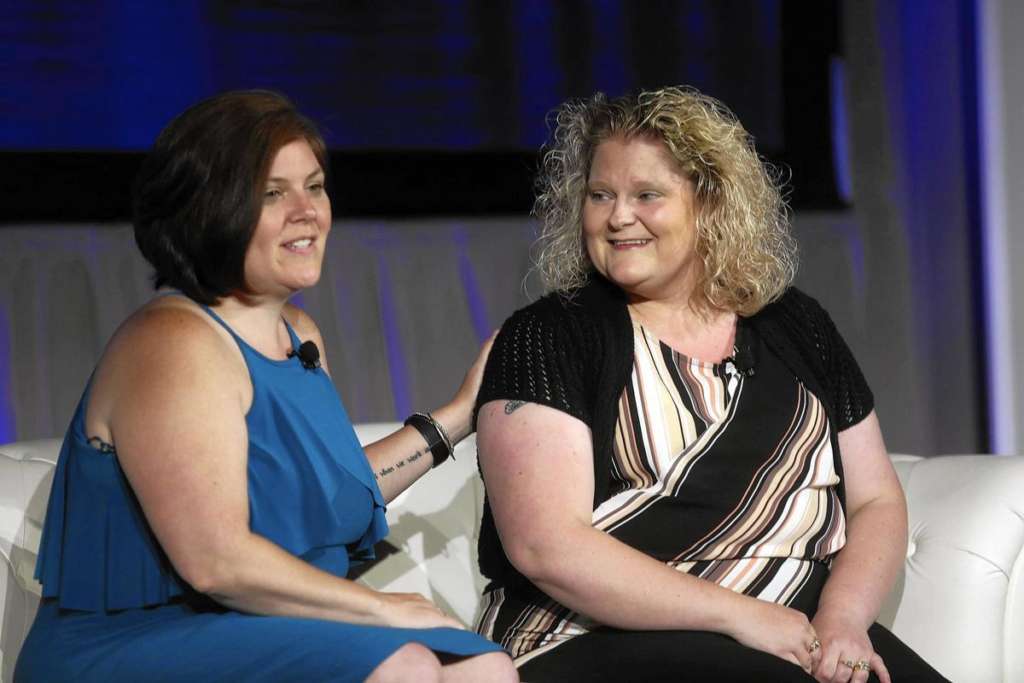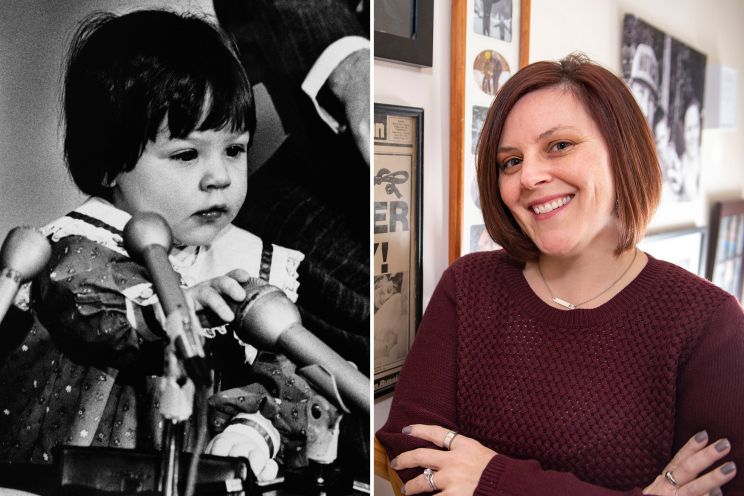In Brooklyn, New York, The Washington Post recounted, “Esther Friedman held the Book of Psalms with both hands as she peered over her glasses at the fertility lab monitor. There were eight beautiful round eggs, retrieved from a young woman earlier that day.
“‘A good number,’ Friedman said, nodding. A technician grabbed a long glass tube, filled it with sperm, and, within a few minutes, the eggs were fertilized. Eight potential new lives had just been conceived.
Friedman — an Orthodox Jewish rabbinical observer hired by the prospective parents — took a step back, lowered her eyes, and began to pray.”
Catholics Come Home.org gives reasons for the Church’s opposition to in vitro fertilization. “The Church teaches that human dignity is best respected when the beautiful sexual union of two people conceives a child. This does not happen when a human being is created in a laboratory. As the Catechism teaches: ‘Techniques involving only the married couple (homologous artificial insemination and fertilization) are perhaps less reprehensible, yet remain morally unacceptable.
“They dissociate the sexual act from the procreative act. The act which brings the child into existence is no longer an act by which two persons give themselves to one another, but one that entrusts the life and identity of the embryo into the power of doctors and biologists and establishes the domination of technology over the origin and destiny of the human person.’”
The Gospel Coalition.org puts it this way: “For many evangelicals, though, the ethics of in vitro fertilization begins and ends at the question of how many embryos are created and what happens to them. Beyond this, many evangelicals do not even think in vitro fertilization is a ‘moral issue.’ Why would it be, when it seems to be simply a medical technology that helps couples satisfy their deep desires for what God has deemed good—namely, the birth of a child made in God’s image? To say “no” to such technologies is, for many couples, equivalent to saying “no” to the satisfaction of their deepest, most heartfelt desires.
“While not every couple experiences the direct marital hardship Private Life depicts, there are serious costs to and from accepting technologies that separate the “one flesh” union of husband and wife. We think those costs are high enough that evangelical couples and pastors should say no to in vitro fertilization. It’s past time to break evangelicalism’s silence about our complicity in the unethical circumstances that arise when sex and conception are divided.”

That said, America’s first IVF baby turned 40 on December 28. Elizabeth Jordon Carr says she will always be an advocate for alternative fertility treatments. She was born on December 28, 1981, at Norfolk General Hospital in Virginia to Judith Carr, a 28-year-old schoolteacher whose fallopian tubes had been removed as a result of previous failed pregnancies, and her engineer husband Roger, 30.
Elizabeth was the fifteenth baby in the world to be produced through IVF but the first in the US. Louise Brown of the United Kingdom delivered in 1978 was the first IVF baby.
With all the hue and cry about IVF, Louise Brown like her US counterpart sees her birth as “a hope to all the women yearning for motherhood.”
“My birth is remembered for two reasons—a milestone in science and hope to all the women yearning for motherhood. My parents were in the spotlight after my birth. It was also a bit sensational at that time and they received criticism due to debates related to the ethics of the IVF procedure. I feel people have an opinion and they are entitled to it. Infertility is a medical condition and if medical science can overcome it, I do not see any difference in trying to solve that with the help of medical treatment. Back then, I was subjected to more than 100 tests after my birth to ensure I was a ‘normal child’.
“I was born on July 25, 1978, at Lancashire. Barring the circumstances of my birth that my parents described as “bit different”, in all other sense I was a normal child, as normal as one can be. When I was born, the doctors suggested to my parents to keep my middle name as ‘Joy’. I am blessed to be the symbol of their joy on their hard work and their success story. While my parents kept me shielded from the criticism, they continued to receive it their entire lifetime. It motivated them to go on speaking assignments around the world as advocates for IVF.”





